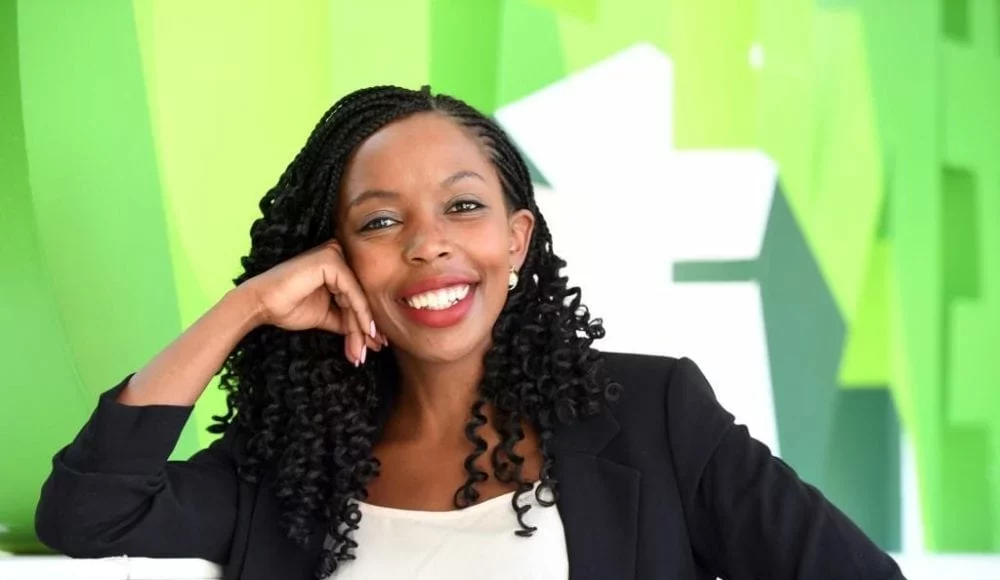Its been a week since Finance Minister Tito Mboweni delivered the 2020 budget- Head of Retail Investment at Nedbank Sisa Cikido gives her take on achieving financial security and the overall impression.
1. Your overall impression with the minister’s budget speech. Is it what you expected? (From a savings and investment perspective
As with most South Africans, I expected a VAT/Tax hike to appease ratings agencies, particularly Moody’s who have been monitoring our economic activity very closely in order to make a final call on a down grade to Junk status. Our increasing budget deficit is of great concern, considering the high levels of unemployment which means less taxes can be collected from South Africans. I am still weary of how the much-needed growth will be achieved. The minister mentioned a focus on inefficiencies which will assist in cost reduction which is imperative in the absence of organic growth. Overall, I think the speech was positive for the average South African due to a reduction in tax and no increase in VAT. There is also hope for South African businesses as there was mention of reducing corporate taxes.
2. Achieving financial security in these difficult times requires sacrifice and self-discipline. Why is it difficult to save money?
The truth is we are getting less buck for our money. The cost of living is on a constant increase and so is inflation. With all of life’s demands, saving becomes a grudge or last minute thought rather than a priority. Every expense is fighting for a share of wallet . That being said, one must try by all means to factor savings into one’s monthly budget and to be deliberate about saving. It won’t just happen. I like to use this simplified budgeting tool/split allocation 50% of income should go to your needs (rent, groceries, medical bills etc), 30% (shopping, hobbies etc) to your wants and 20% to saving (debit payment, rainy day fund, long term investing).
Below are guidelines for making investment a bigger part of your financial life, while taking advantage of substantial tax savings over the long term:
Max out tax free first
• Avoid using a tax-free account to transact as the allocation is once-off and cannot be recovered. When starting your journey, contribute the maximum tax-free allocation of R36 000, and if you have extra money left over, explore further options that suit your risk appetite and profile.
Cut unnecessary costs
• It might seem that everything in the budget already is essential, but you can always do more to bring your living expenses down. Even a small change can add up over a year and help you save. Stick to the new budget and put your savings to work in your investment vehicle.
Leverage Tech
• Mobile budgeting apps are surprisingly effective in helping you track your spending. A good app can be a powerful tool in not only reducing unnecessary spending, but also uncovering great investment opportunities without feeling a major strain in your quality of life.
By far the highest rated banking app on both the Apple App Store and the Google Play Store, Nedbank’s Money App allows you to open a tax-free fixed deposit account in seconds without having to go into a branch.
If you already have some surplus cash, you can put as little as R1 000 to work for you and enjoy the benefits and returns of a fixed interest rate while building up a sizeable nest egg over the long term.
3. What do consumers need to do to stay afloat during tough financial times?
Less is not just more, it is everything. We all need to find ways to make our money stretch. We also need to save where we can. The recent repo rate cut means credit will cost most of us less than it did a few months ago, one should consider allocating that buffer to an investment account.
By Kabelo Khumalo




